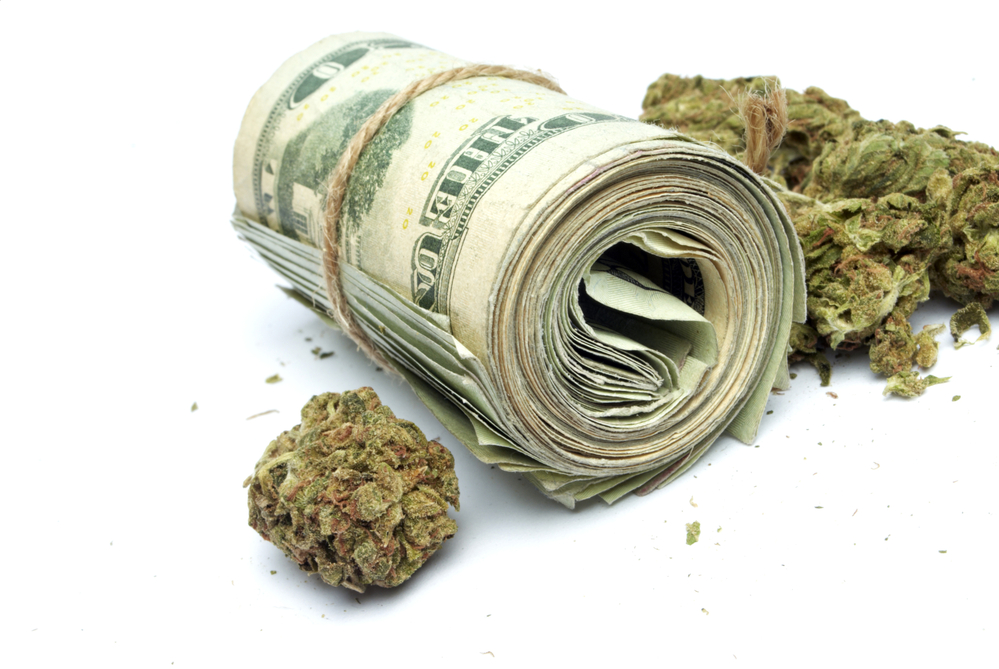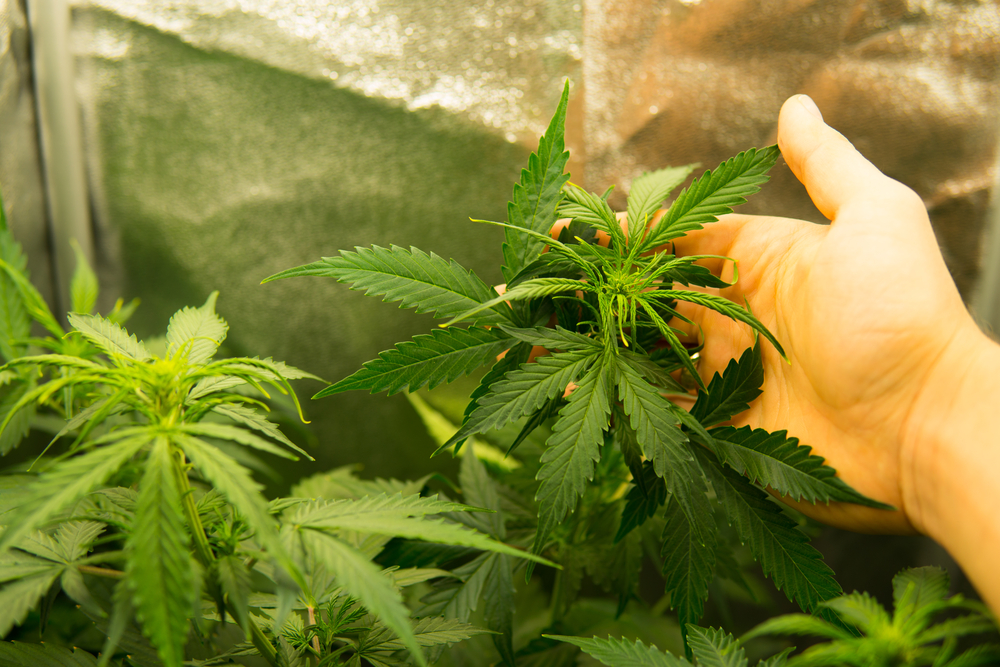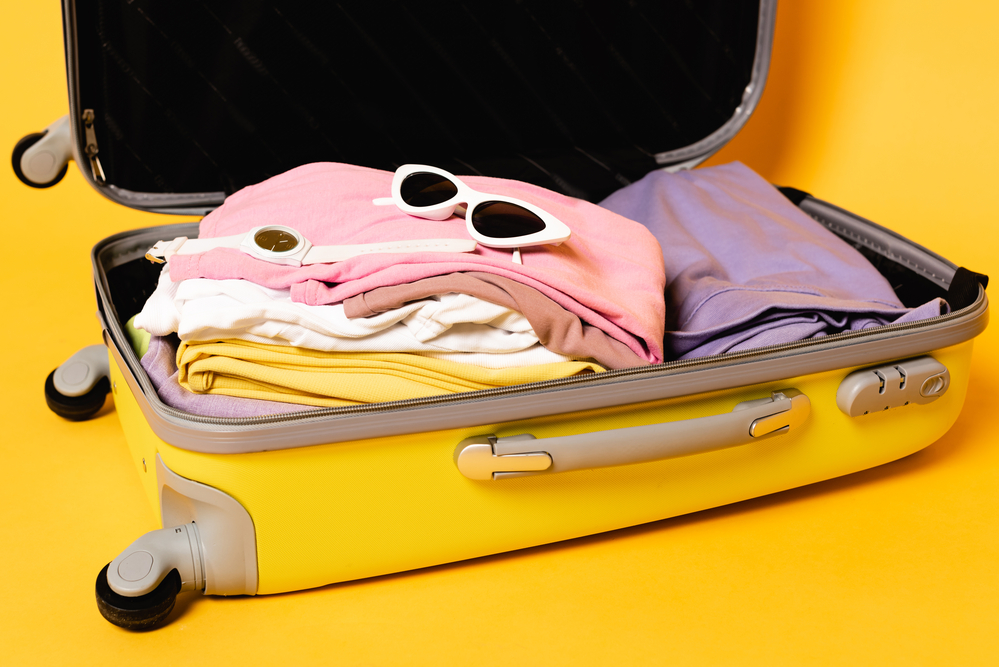
Having a medical card means some advantages that can make caring for health conditions easier. To qualify for a medical card, there are many steps you have to take. First, you have to have one of the approved diagnosed health conditions. Next, you have to complete a mandatory health evaluation by a licensed practitioner.
If the physician or practitioner agrees that medical cannabis could benefit, the patient must register with the state regulatory office. Then comes annual renewals, where you have to repeat a doctor’s health check and renew your card.
That’s a lot of work right? Well, that’s why people aren’t sure whether they should keep their medical cards. It takes time and money to renew annually. But even if your state legalizes recreational (adult-use) cannabis, there are eight good reasons to keep your medical card.
In early 2020, the Novel Covid-19 coronavirus started spreading across the country. And one of the first things we all noticed (other than the lack of toilet paper) was the orders to close businesses. The term “essential service” identified the companies that could stay open. Predominantly stores for necessities like groceries, and medical offices for patient care.
Medical dispensaries were included in the “essential service” category in most states. Dispensaries that were licensed to retail adult-use only products were closed. There are different licenses and regulations for medical dispensaries versus recreational pot shops.
So, while people without a medical card (who still may use cannabis medicinally) were out of luck, patients were not. And if you rely on medical cannabis to help moderate health symptoms, that is a nice assurance to have.

New Jersey launched its medical marijuana program. Then on November 3, 2020, voters in the state-approved recreational or adult-use cannabis. By a margin of 2-1 vote. This means that New Jersey joins 14 states (and D.C.) that have made recreational weed legal. For adults over the age of 21 years.
In February 2021, Governor Phil Murphy signed the new legislation. This puts the recreational cannabis program into full-effect. Licensing of new dispensaries specializing in adult-use will now begin. And one of the other exciting things about legalized recreational weed in NJ is that it will create a new tax break.
The recreational cannabis program in New Jersey will fund the administration of both the medical and adult-use programs. Why does it matter how it is funded? Well, the recreational program is going to pay for everything. The tax revenue will support enforcement, licensing, issuance of medical cards, dispensary inspection, and more. And it will mean that in about four years, New Jersey medical cardholders will pay a 0% tax on medical marijuana.

Not every state is moving in this direction, but it is a good model to evaluate. For continuity of care support, patients with medical cards should have access to affordable medical marijuana. And that means keeping the cost of it as low as possible, with reduced excise and sales taxes. In other
There are usually three tiers of taxation on cannabis products:
Tax on tax on taxes? This is why we can’t have nice things. But for patients who have to buy cannabis monthly, it really adds up. Most states provide at least a partial discount on taxes for residents that have a medical marijuana card.

One of the concerns that lawmakers have about patients and medical cannabis is accessibility. For example, if you are a patient and living on a fixed income, is cannabis from a dispensary affordable for you? Is it easy to get to a dispensary, when you need to buy more medical marijuana?
The answer is no on both counts, for many patients. Particularly those that live in rural areas. So, some states have added legislation that permits medical cardholders to grow their own cannabis at home. This solves problems with access and affordability.
If you want to try home cultivating, you will need to have a medical card in most states. Some states with legalized adult-use do allow home cultivation. It is increasingly a privilege to help make it easy and affordable for patients with medical conditions.
When patients with medical cards are authorized to grow from home, there are many laws they have to follow. For example, they cannot exceed the maximum number of mature plants or seedlings permitted by the state. They must protect cannabis plants from access by minors and theft. And they cannot sell or distribute the cannabis that they produce.
In some states, however, it is legal to give someone some bud. If you have grown your cannabis, it may be legal to give a limited quantity to a friend or family member as long as they are over the age of twenty-one (21) years.
The health conditions you are coping with today may change tomorrow. And the same holds for the prescription medications that you take. Throughout life, our health needs continue to change. And we don’t always take the time to review our prescription medications.
Cannabis is not contraindicated with most prescription medications. But it does conflict with some types of drugs. So, when your medication changes, cannabis may or may not be safe for you. At that time, a physician may recommend another method for symptom management. Or another intake method, i.e., switching from smokable cannabis to tinctures, or edibles (where legally available).
It takes consultation with a physician and a check-up annually, to determine if there is a problem. And it is better to address it with a practitioner, than risk any complications from medical cannabis. In some cases, physicians may also be able to help appeal your medical card (or renewal) if it has been denied.
Patients who want to use medical cannabis for mental health needs to treat anxiety, PTSD, or depression, also benefit from ongoing care. Physicians can test on a regular basis to help adjust the treatments if anxiety or depression symptoms worsen.
Let’s take an example where a patient has severe chronic pain. For years, they may have been using medical cannabis. But not, the smokable varieties don’t seem to work as well. The patient may have developed some resistance to THC.
Naturally, the patient will seek a product that has a stronger potency. But what if they are in hospice care? And opioids or another prescription analgesic (pain medication) doesn’t work? Many states have compassionate care legislation that allows a caregiver or family to appeal for a maximum potency product. This is common in hospice or end-of-life care situations.
As a recreational cannabis user, you cannot appeal to maximum potency limitations in your state. If you have a health condition or symptoms that warrant it, you will have to get your medical card first.

One of the problems that patients face right now is traveling with medical cannabis. As cannabis remains prohibited by federal law, traveling while possessing any quantity or type of cannabis is illegal. And it can result in a felony charge. Particularly on federal properties, including airports and state parks.
The following states currently have reciprocity agreements for medical cardholders:
But what can a patient do when they are traveling to another legalized state? Since carrying cannabis across state borders is also an offense, there may be some accommodations. For example, in the District of Columbia, patients who have medical cards issued by another jurisdiction can purchase cannabis legally while visiting.
The District of Columbia provides reciprocity (or recognition of out-of-state medical card privileges) for patients who reside in thirty-two states, including Arkansas, Oregon, New York, New Jersey, Florida, North Dakota, Nevada. And all patients need to do is provide government-issued photo identification and a valid medical card.
Other states allow for temporary medical cards. For example, if you are a resident of Texas and you are going to be working in Oklahoma for six months, you can apply for a medical card even though you do not have a medical card in Texas. The temporary cards require that you have authorization from an Oklahoma physician and registration with the Oklahoma Medical Marijuana Authority (OMMA).
For some patients who are minors or in need of daily assistance because of a health condition, designate a caregiver. This individual is a legal guardian or care provider who must be registered with the state medical cannabis authority. After passing a background check and other steps to become authorized to purchase cannabis for a patient, they receive a medical card.
If you are a caregiver and go to a recreational cannabis dispensary and provide cannabis to another adult or minor, you are breaking the law. Even in recreational states, buying and then selling or administering cannabis to someone else is illegal. Similar to the way that you cannot sell alcohol or tobacco products without a special license.
Having a medical card and a designated caregiver allows that person to help you get the medicinal marijuana products you need. And the caregiver can also get information to help explore the best intake methods and strains that may help with symptom management.

When you walk into your first medical cannabis dispensary, don’t expect any neon or black lights. Pictures of Bob Marley with a joint or a dense smell of patchouli. Okay, those are some pretty wild stereotypes about recreational dispensaries. But if you have visited both types, you know there is a big difference between a medical and recreational cannabis retail store.
The environment is different. Medical cannabis dispensaries have a clinical feel—kind of like going to a nice doctor’s office. Budtenders in medical dispensaries are warm, friendly but also very knowledgeable about health symptoms. And they can suggest strains that other patients have used to treat chronic pain, nausea, appetite loss, muscle tremors or spasms, and other health problems.
If visiting a medical dispensary for the first time, it is suggested that you call ahead to schedule an appointment. It is unnecessary, but it can make sure that one of the dispensary staff is ready to assist you. They will create a confidential profile for you in their patient management system. That will include information about your health conditions, your referring physician, or registration as a caregiver authorized to purchase for a patient.
Next, a medical dispensary will provide suggestions regarding specific strains of cannabis. Many people explore a Sativa dominant hybrid for daytime use that can provide feelings of energy, but relaxation, and a happy mood. Then, for nighttime use, an Indica dominant strain may be most effective for pain relief and sleep.
There are a couple of risks associated with letting your medical card expire. The first one is that you will have to apply all over again. That means going through not only the medical health evaluation and approval but also state registration.
Sure, the cost is about the same as the annual renewal, but the process takes longer. And while you do not have a valid medical card, your only option will be to purchase at recreational dispensaries. And pay higher costs, as your purchases will not be discounted as a non-medical user.
There is a remote possibility that you may not qualify again. If you have a diagnosed condition that resolves (this happens sometimes), you may no longer be qualified to receive your medical card. It is a slim chance, but it has happened to some people who have symptoms that resolve over time.
Depending on the state regulations, the amount of cannabis you can purchase legally on a monthly basis may be less as a recreational user. Higher possession limits are only available to medical cardholders. For example, in California, medical cardholders can buy up to 8 ounces per day. Whereas recreational users are limited to only 1 ounce from a dispensary. And in Nevada, patients with medical cards can possess up to 2.5 ounces legally; recreational users can only possess up to 1 ounce, or they are breaking the law.

Because of public safety requirements during the Covid-19 health emergency, many states have legalized telemedicine. That means you do not have to go into a doctor’s office to complete the medical health evaluation. If you have a desktop, laptop, tablet, or smartphone, you can complete your health evaluation online with a board-certified practitioner in your state.
Marijuana Doctors connect patients to qualified physicians in every legalized state. If you would prefer to visit in-office (and where telemedicine services are not available), you can find a local physician on our website. The fee for the health evaluation and any required follow-up visits are posted on each physician profile, as well as reviews from other patients.
Find your doctor. Get (or renew) your medical card with Marijuana Doctors.
No Information on MarijuanaDoctors.Com should be used to diagnose, treat, prevent or cure any disease or condition. You can view our Full Disclaimer here.